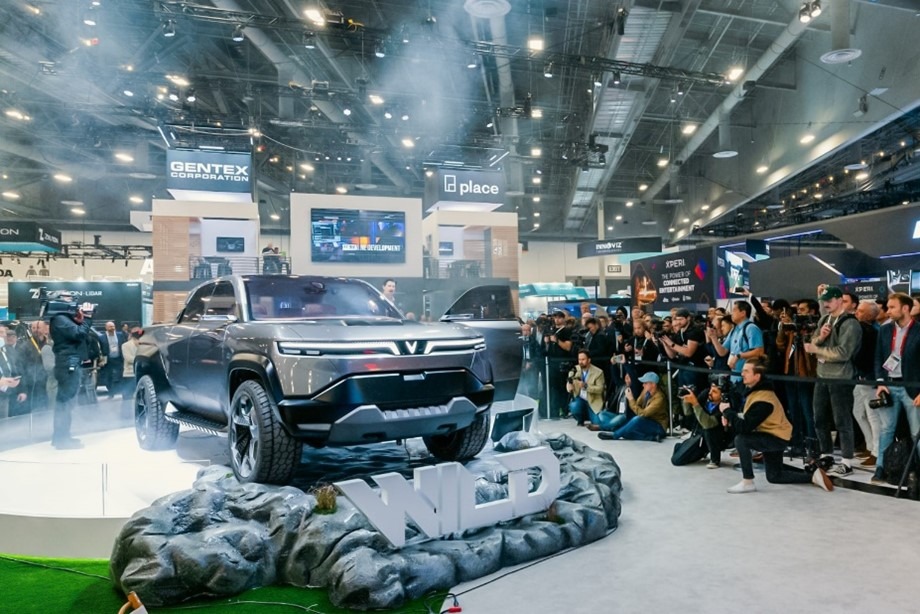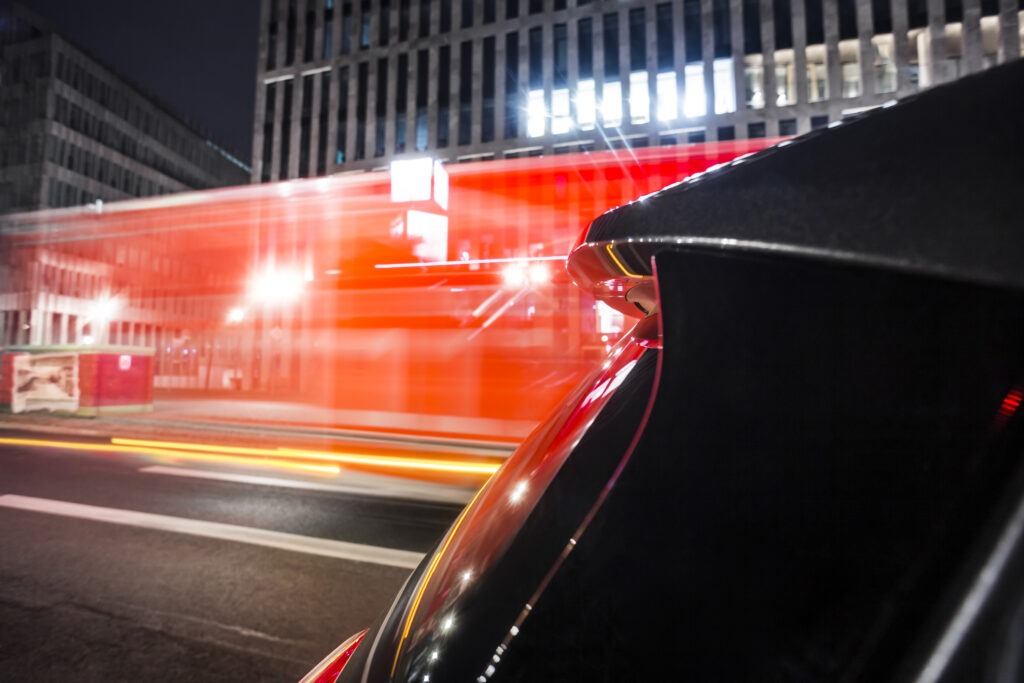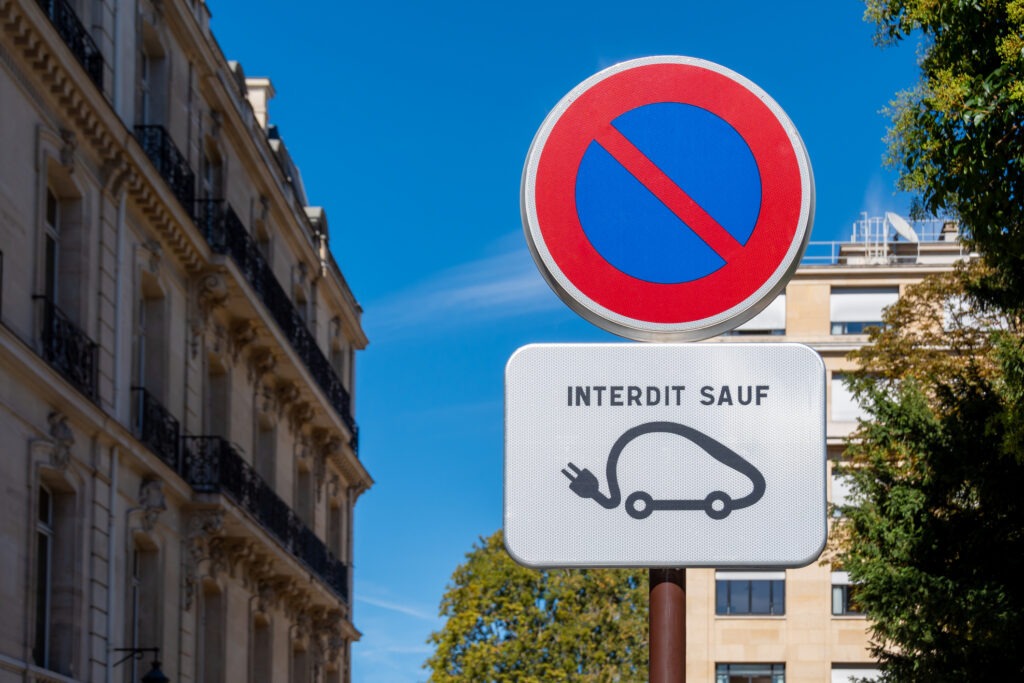CES 2024: How concept cars unveiled new EV strategies
17 January 2024
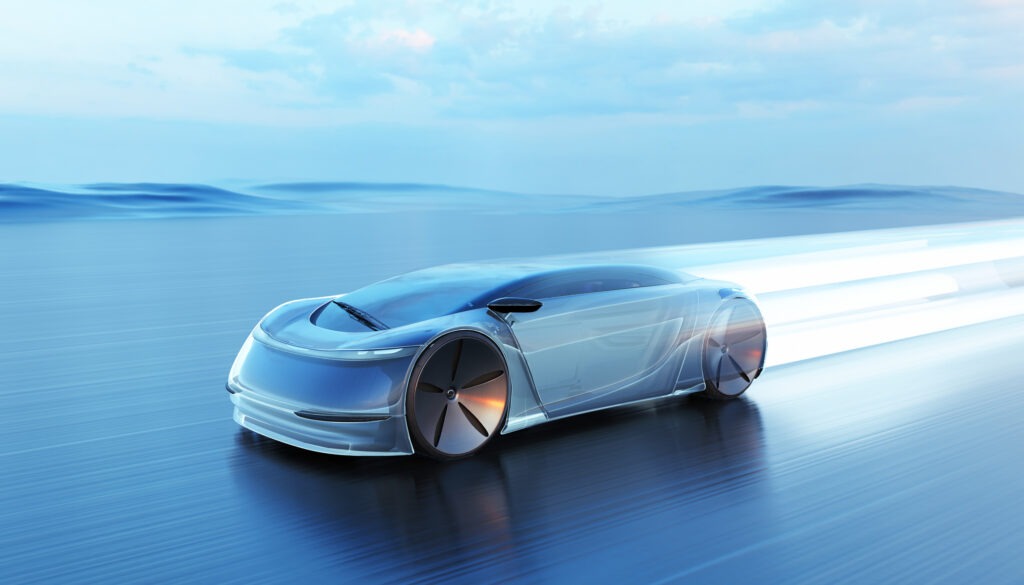
Automotive manufacturers got the chance to reveal new models, concepts and vehicle series at CES 2024. Autovista24 journalist, Tom Hooker, looks at this year’s showstoppers.
While a major automotive theme of CES 2024 was artificial intelligence (AI), there were still plenty of exciting vehicle reveals. The likes of Honda, Kia, Mercedes-Benz and Volkswagen (VW) used the show to unveil brand-new concept cars or updates to existing models.
Honda’s new approach
Honda unveiled the ‘0 Series’ by throwing the covers off two new concepts, the Saloon and the Space-Hub. Both are due for a global launch in 2026. The brand also premiered its new H mark logo which will feature on the next-generation of electric vehicles (EVs).
Three principles detail Honda’s 0 Series approach to EV development: thin, light, and wise. This means designing lower models based on a dedicated ‘thin’ EV platform to create more aerodynamic performance.
The models will advance Honda’s ‘man maximum, machine minimum’ philosophy. This means maximising the space available to the driver and passengers while minimising the space taken up by mechanical components.
As well as this, advanced driver-assistant system (ADAS) technology will also be available at launch. Automated driving (AD) will be offered at a later date, featuring improved AI, sensing, decision-making, and driver monitoring technologies to make more human-like and accurate risk predictions.
Efficiency will also be enhanced, with increased power conversion from a new e-Axle system. The Saloon and Space-Hub will benefit from connected technologies, capable of learning user preferences and driving behaviours.
A manufacturer first
Reportedly 90% ready for production, the Saloon is the flagship model of the 0 series. Honda hopes its human-machine interface will enable an intuitive operation of the vehicle.
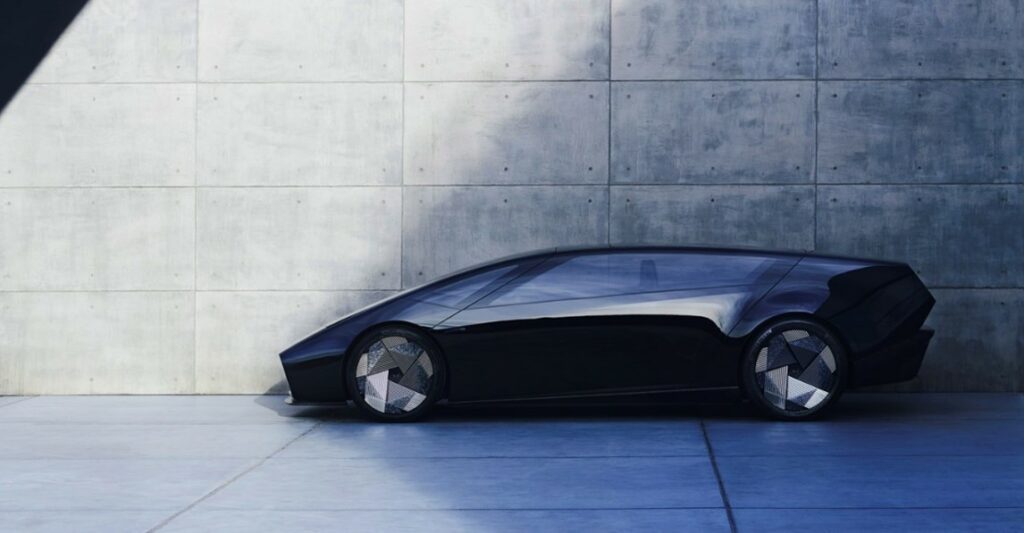
The concept will adopt steer-by-wire technology and motion management systems which include posture control. The Saloon’s interior and exterior will also be produced using sustainable materials.
Details on the ‘Space-Hub’ are scarce. The model offers a spacious cabin, with passengers seemingly able to sit facing one another while surrounded by large panoramic windows.
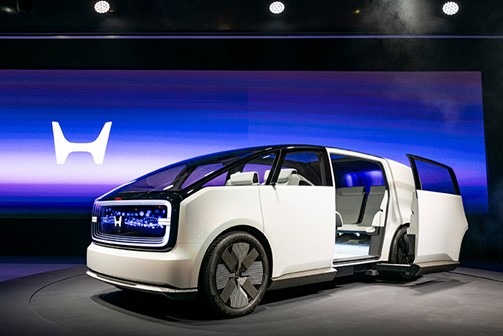
‘For us, the Honda 0 Series is our first global EV series. It symbolises Honda’s major transformation,’ stated Toshihiro Mibe, Honda president.
‘The Honda 0 Series will further advance our goals of zero environmental impact and zero traffic fatalities, which I have set since becoming company president. I feel both pressure and satisfaction in facing such a major change, and I hope we will deliver new value to customers by further evolving the joy of freedom of movement, a core Honda value.’
PBV possibilities
Kia announced a new series of vehicles at CES 2024. Five concepts were revealed as part of the carmaker’s Platform Beyond Vehicle (PBV) strategy. This includes the PV5, with three model variants, as well as the PV7 and PV1 concepts.
Kia aims to tackle mobility with a modular approach, meaning sections of the vehicle can be changed to meet the user’s needs. The models will be based on Hyundai Motor Group’s software-to-everything (SDx) strategy and an adapted version of the E-GMP platform.
The PBV project is split into three phases, starting with the mass production of the PV5 in 2025. Basic, van and high roof versions will be available in the first phase.
These models can be optimised for tasks such as deliveries, pop-up stores, camping, and taxi services where passengers can configure the cabin to suit their needs. This could be helpful should a passenger have a disability or want to change the seating arrangement. This is made possible using ‘easy-swap’ technology. Electromagnetic and mechanical coupling makes the rear portion of the vehicle interchangeable, with the fixed front cab staying in place.
A weldless body structure assembly, known as dynamic hybrid, helps transform the vehicle by flexibly adjusting moveable parts of the model. Alongside high-strength tubular steel and engineered polymers, PBV models will also include sustainable materials.
Phase two
Phase two will see the introduction of the smaller PV1, meant for short-distance transportation. The largest product in the line-up, the PV7, will also be introduced, featuring more interior space and greater range. The second phase will also see the three models use an advanced AI platform.
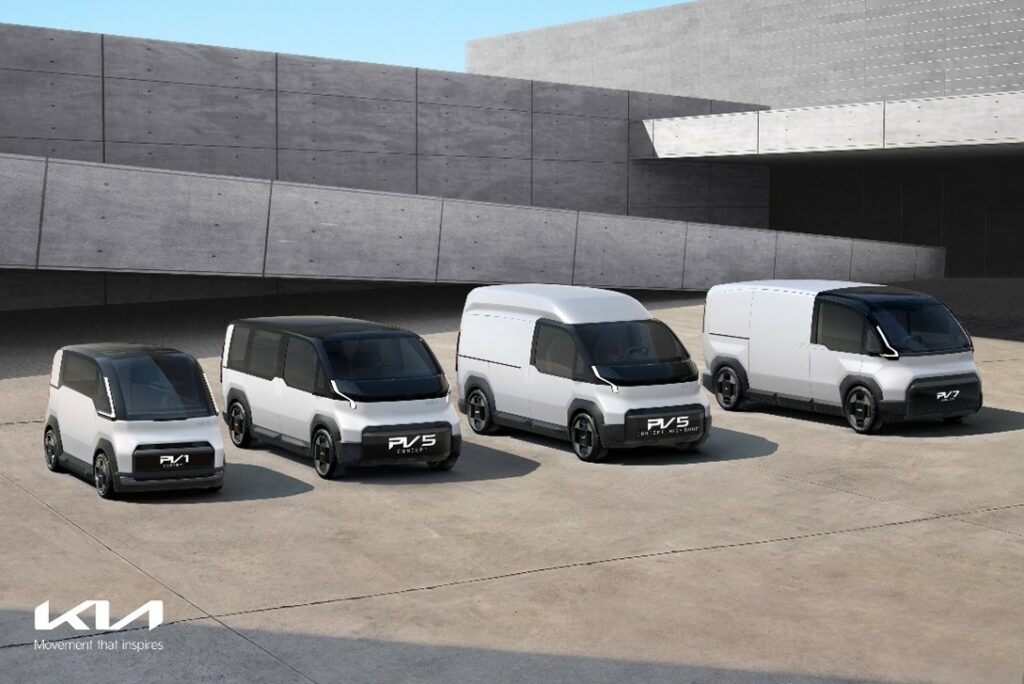
‘Kia PBVs will be an enabler of business innovation thanks to our customer-centric management system, EV mass production expertise, and the Hyundai Motor Group’s rapidly developing SDx strategy and related future businesses,’ commented Ho Sung Song, Kia president and CEO.
‘We are excited to show that we are fully prepared to become the first mover in the global PBV market,’ he added.
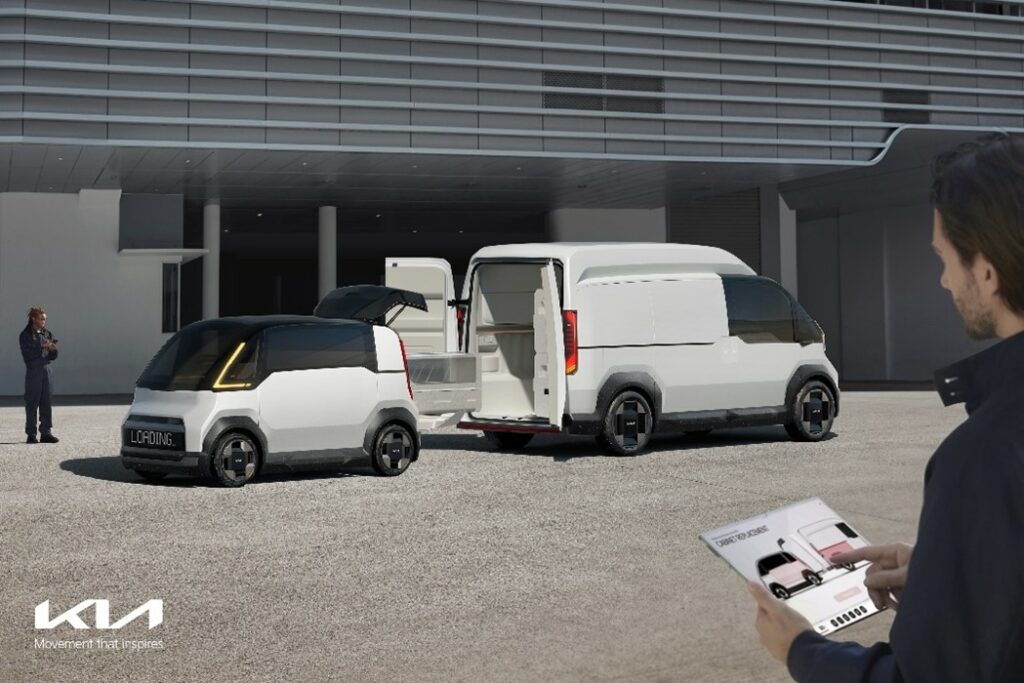
The automaker also signed a memorandum of understanding with Uber at CES 2024. The agreement will allow the transportation company to utilise the PBV platform’s various offerings.
Creative Sony showcase
Honda had another concept on show, this time as part of the Sony Honda Mobility (SHM) program, namely the Afeela prototype. An updated version of the vehicle displayed the advancements in integrating AI into ADAS and establishing mobility as an entertainment space.
The concept was visibly different from CES 2023, with resigned bodywork on the front and rear end, as well as conventional mirrors replacing side-view cameras. Plans to mass produce the all-wheel drive vehicle for the North American market in 2026 remain.
SHM is developing new entertainment and gaming features, utilising virtual space with Epic Games. This includes a virtual AR experience that simulates external environmental conditions such as information on other vehicles, pedestrians, terrain, and weather.
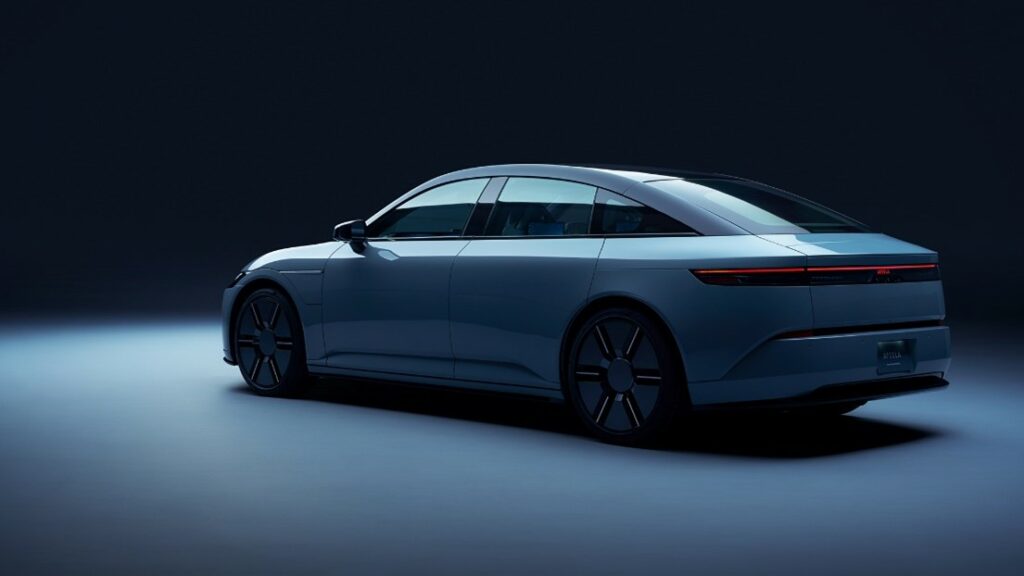
The Afeela co-creation program means creators can freely develop applications and services that run on the vehicle’s digital platform. SHM is also collaborating with Polyphony Digital in vehicle development.
VW and ChatGPT
The integration of ChatGPT was the focal point of VW’s presentation at CES 2024. With the support of Cerence Chat Pro, the IDA voice assistant can now adjust the temperature, control the infotainment system, and answer general knowledge questions.
The updated VW Golf also saw some minor interior changes at the show. Physical buttons returned to the steering wheel as well as an infotainment touchscreen, replicating the VW ID.3 and ID.7.
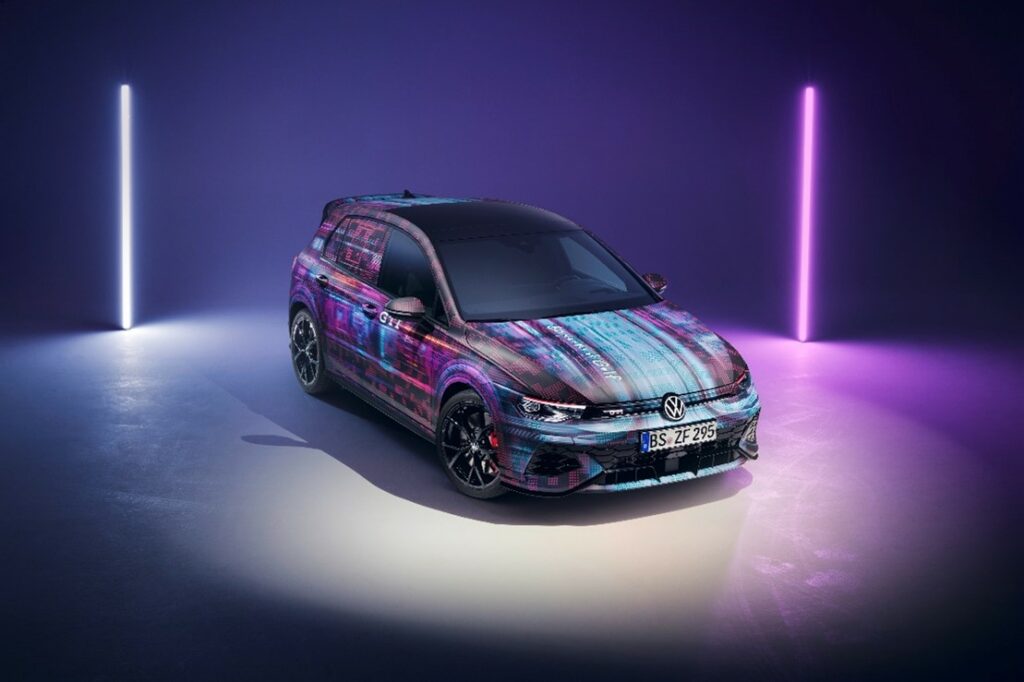
More traditional physical buttons have also replaced the current models’ haptic steering wheel controls. Pre-orders for the newest offering will begin in spring, with pure-combustion, mild-hybrid and plug-in hybrid options available.
An abundance of features
The Mercedes-Benz Concept CLA Class made its North American premiere at CES 2024. The vehicle has a predicted single-charge range of more than 466 miles (750km). It is also capable of 300kW DC charging, which Mercedes-Benz claims can deliver 248 miles of range in 15 minutes.

A prototype of the new all-electric G-Class, or EQG, also made an appearance. The concept uses four electric motors, with a predicted range of over 400 miles and capable of 200kW rapid charging.
It demonstrated its ‘G-turn’ ability on the Las Vegas Strip, turning 360 degrees on the spot. This could be useful for getting out of tough situations when on rough terrain, as the feature cannot be performed on public roads.
The German brand also revealed the progress it made with in-car entertainment technology. The MBUX Sound Drive was developed by Mercedes-AMG in collaboration with will.i.am.
Newer brands take to stands
Togg unveiled its T10F saloon, which is due to go on sale next year. It will be launched in three different versions, including long-range rear-wheel drive and all-wheel drive variants. The car is expected to travel up to 600km on one charge, and go from a 20% battery to 80% in 28 minutes.
Vinfast displayed two new vehicles, the VF 3 mini electric SUV and the VF Wild pickup. The former made its debut in its domestic market six months ago and is a model aimed at younger drivers with its unique design and expected affordability. However, it only offers a range of 200km. Vinfast will begin taking orders for the VF 3 later this year.
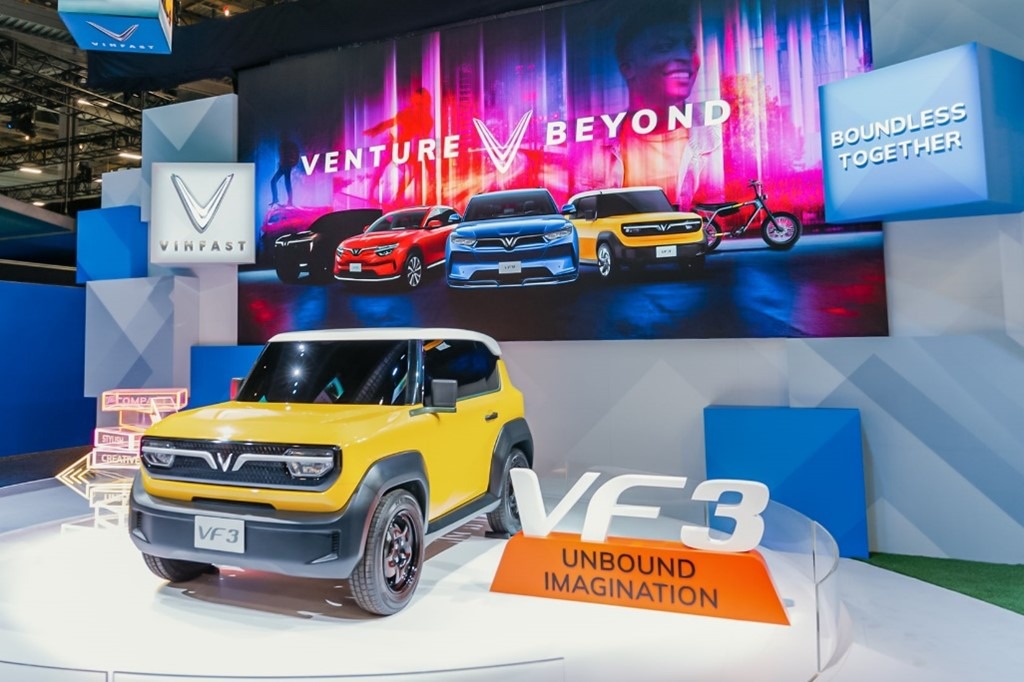
The VF Wild is a much larger model in the mid-size pickup category, aimed at the US market. It features a panoramic glass roof and digital side mirrors.
‘We are very proud to introduce the VF Wild concept, which encapsulates our mission to make sustainable, high-quality electric vehicles accessible to a broader market,’ said Tran Mai Hoa, deputy CEO of sales and marketing at Vinfast Global.
‘This is not just a new product in our offering – it showcases our aspiration to venture into the fast-paced and thriving electric pickup truck market.’
